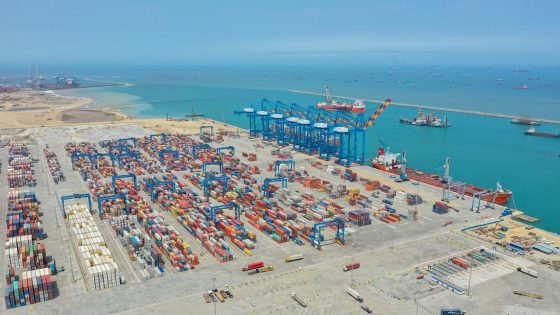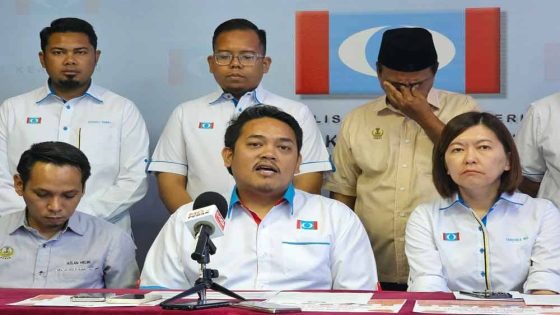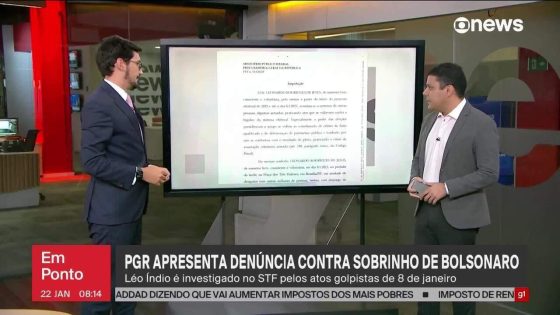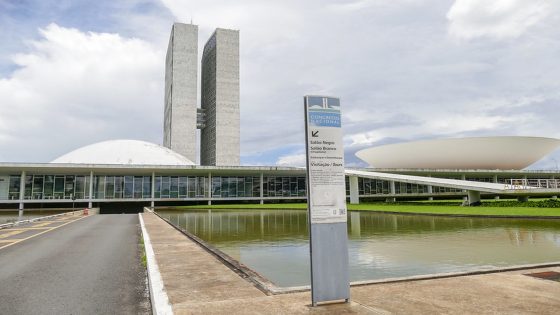Ghana’s Tema Port has made significant strides in reducing container backlogs, easing a congestion crisis that has affected traders and logistics operators. As of February 2025, the Customs Division of the Ghana Revenue Authority (GRA) reported a 21.7% decrease in uncleared containers, dropping from 4,600 to 3,600 in just ten days. How did this turnaround happen?
- Tema Port backlog reduced by 21.7%.
- Uncleared containers dropped from 4,600 to 3,600.
- Scanner breakdowns triggered months-long congestion.
- Integrated Customs Management System launched.
- Data analytics enhances revenue protection measures.
- Sustaining progress depends on scanner repairs.
Ghana’s Efforts to Alleviate Tema Port Congestion: What’s Next?
What does this mean for trade in West Africa? The recent reduction in container backlog at Tema Port signals a positive shift for Ghana’s economy. With improved clearance processes, traders can expect faster operations and reduced delays. This progress is vital for maintaining the port’s status as a key trade hub in the region.
Transforming Tema Port: Digital Solutions and Strategic Changes
To combat the backlog, the GRA has implemented several strategic measures. The introduction of the Integrated Customs Management System (ICUMS) is a game-changer, streamlining paperwork and reducing delays. Additionally, customs officials are now monitoring shipments in real-time, enhancing security and efficiency. What other steps are being taken to ensure sustainable improvements?
Key Strategies for Improving Port Operations
Ghana’s customs reforms focus on both efficiency and security. Here are the key strategies being employed:
- Rerouting containers to internal depots for manual inspections.
- Implementing data analytics and AI to identify suspicious activities.
- Shifting from traditional border checks to real-time supply chain monitoring.
- Expediting clearance for low-risk traders while scrutinizing high-risk operations.
Long-Term Goals for Tema Port’s Future
Authorities are not only addressing immediate issues but are also planning for the future. The focus is on modernizing port operations to accommodate growing trade demands. By investing in technology and infrastructure, Ghana aims to position Tema Port as a leading trade hub in West Africa. What will this mean for international trade relations?
Conclusion: A Bright Future for Tema Port
The recent improvements at Tema Port offer hope for traders and logistics operators facing delays. As Ghana continues to implement digital tools and strategic reforms, the port’s efficiency is set to enhance, benefiting both local and international trade. Will these changes pave the way for a new era of commerce in West Africa?































